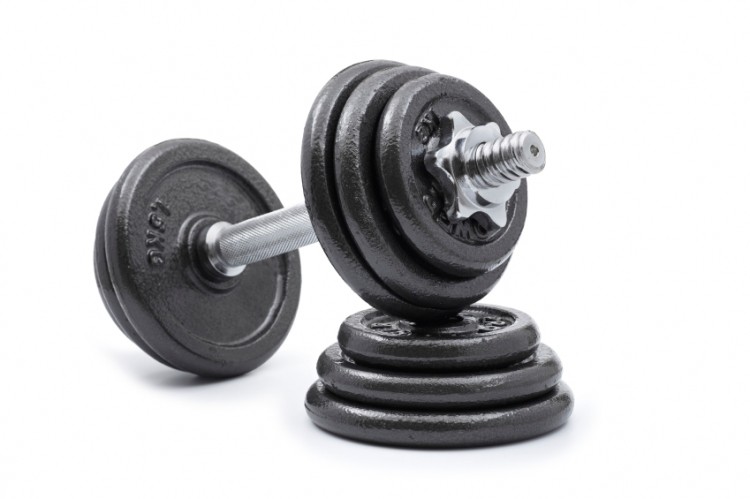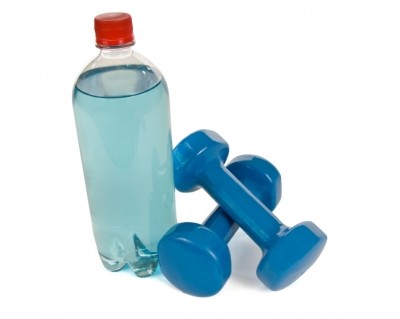Betaine supplements may support muscle growth and improve body composition: Human data

Six weeks of supplementation with BetaPower Natural Betaine from DuPont Nutrition & Health were associated with improvements in bench press training volume and body composition, compared to placebo.
“This new betaine research signals benefits for more mainstream consumers looking to improve body composition, as well as core sports nutrition consumers seeking improved performance and power,” said Greg Paul, PhD, marketing director at DuPont Nutrition & Health.
Betaine is a nutrient found in foods such as shellfish, spinach, beets and whole grains. Previous studies have linked it to numerous performance-enhancing benefits, including less fatigue, greater general strength and greater endurance during recovery. DuPont’s ingredient is extracted from sugar beet.
Betaine is currently approved for use in foods, beverages and supplements in North America and in supplements in Europe.
Training benefits
Stuart Craig, PhD, DuPont Nutrition & Health and co-author of the study, said the new results, which were published in the Journal of the International Society of Sports Nutrition, “confirm that the addition of betaine to sports performance foods, beverages and dietary supplements can provide differentiating benefits when training.
“This is supported by several previous performance studies as well as two papers published earlier this year highlighting the role betaine plays in building muscle.”
The first of these papers, by researchers at the University of Connecticut, reported that betaine supplementation before exercise enhanced the body’s hormonal responses and signaling pathway activity associated with an increase in skeletal muscle protein synthesis (Apicella et al., Eur J Appl Physiol, 2013. Vol. 113, pp. 793-802).
The second paper, conducted at San Raffaele Scientific Institute, indicated that in a cell culture system, betaine promoted muscle fiber development and growth through a pathway involving IGF-1 activation (Senesi et al., J Transl Med, 2013. Vol. 11, pp. 174).
Study details
The new study, conducted at the Springfield College Human Performance Laboratory in Massachusetts, involved 23 men aged between 18 and 35. The men were randomly assigned to consume 2.5 grams per day of betaine or placebo for six weeks. During the intervention period, the men were required to follow a strict training program, comprising of exercises commonly performed by weight lifters.
Results showed that men in the betaine group had significant improvements in body composition, compared to placebo, with increases in lean muscle mass and reductions in body fat percentage.
In addition, arm size and bench press work capacity had increased, and a trend toward improved power was observed.
“The increase in arm cross sectional area in the betaine group compared to placebo was accompanied by an improvement in bench press work capacity,” wrote the researchers. “The greatest improvements in volume over placebo occurred during the first and third training micro-cycles, where subjects were instructed to perform 3 sets of 12–15 repetitions with 90 sec rest periods and 3 sets of 8–10 repetitions with 120 sec rest periods, respectively.
“Given the relationship between training volume and hypertrophy, betaine may have positively impacted muscle growth by promoting a greater training load over a series of subsequent workouts.”
The study was funded by DuPont Nutrition & Health.
Source: Journal of the International Society of Sports Nutrition
2013, 10:39 doi:10.1186/1550-2783-10-39
“Effects of betaine on body composition, performance, and homocysteine thiolactone”
Authors: J.M. Cholewa, M. Wyszczelska-Rokiel, R. Glowacki, et al.
















